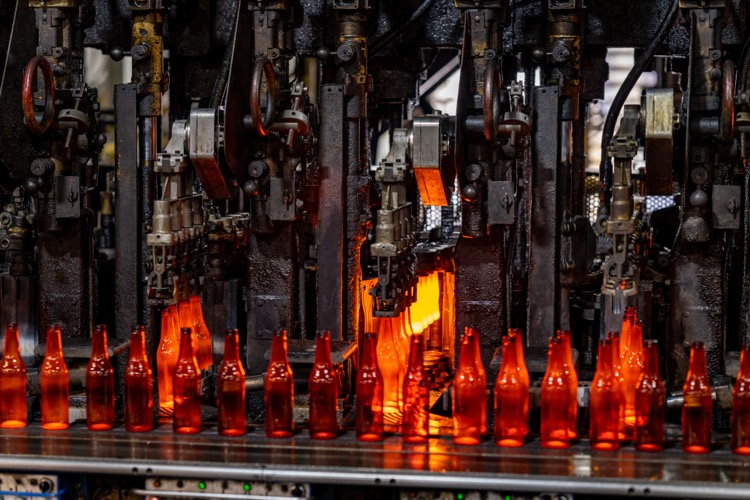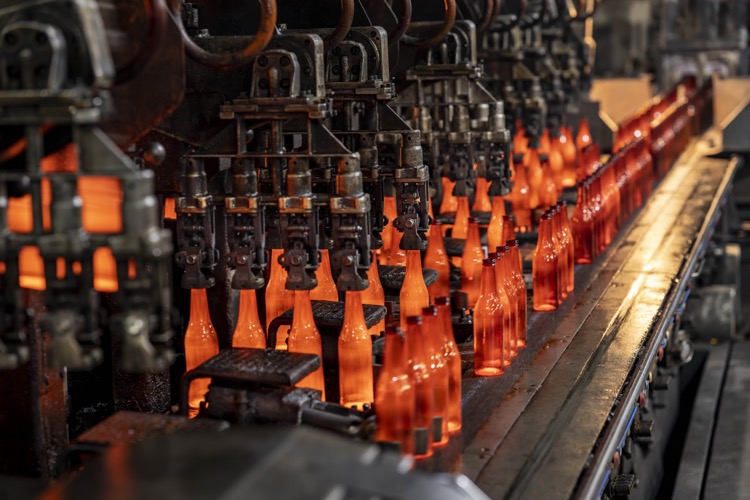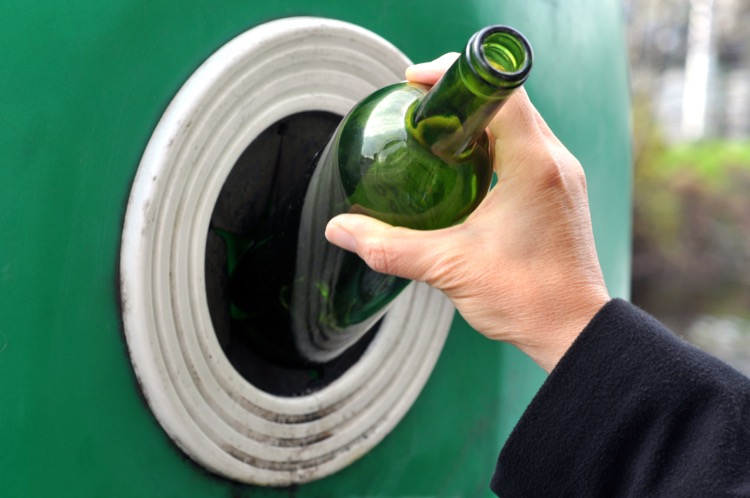Consumers are treading water in a cluttered sea of sameness. Choice after choice after choice is fighting for their attention. Connecting emotionally with them is now a necessity, and savvy brands know how to leverage the 12 fundamental human motives – such as “Defy,” “Seek,” or “Create” – to cement a relationship with buyers.
Two-thirds of purchase decisions are made in the store. A shopper must be turned from browser into buyer within 3 to 7 seconds. At a time when traditional marketing media is fragmented, and consumer behaviors are swiftly changing, the need for brands to embrace packaging’s role to communicate their story — to communicate their identity — is exponentially increasing.
Packaging Needs to Anchor Entire Marketing Strategy
Packaging that embeds the brand’s essence to connect with consumers will outsell the competition. This is why it is crucial to avoid seeing packaging as just a component of the brand. In fact, it is the physical representation of the brand and consumers do not distinguish clearly between a product and its package. Imagine what Coca-Cola would be without its famous contour bottle or, more recently, Goose Island Brewing and its embossed Bourbon County Brand Stout bottle.
Packaging can make or break a brand’s total marketing effort and its ultimate success. Packaging is inescapable at the most pivotal moments:
- Consumers come face-to-face with it at the point of purchase, unlike tv or internet ads, which they can easily forget or skip altogether, packaging is the only communication vehicle a brand can be 100% sure consumers will see.
- The shopper is exposed to packaging first — before they actually experience the product inside. Even if the purchase is made online, packaging is here to virtually represent the product and the brand.
- Packaging preconditions the brain about the product it holds. People eat with their eyes first. Packaging affects the perceived value and characteristics of the product before we consume the product itself. By leveraging visual, touch and auditory cues we can make the product inside look fresher or more aged, more extravagant or more familiar, more balanced or edgier, etc. For instance, research shows* that the sensory and hedonic expectations that are elicited during our interaction with a beverage influence our subsequent experience when we actually come to drink it. Apart from vision that dominates what the brain “sees,” the touch and sound are also important. Research shows that there are significant differences in liking towards taste based on packaging. Packaging affects how we experience the product afterward and the perception of its performance.
When you consider the power of packaging, and how it touches consumers at the most crucial times, it becomes clear marketers need to prioritize packaging. It shouldn’t be an afterthought. It should efficiently communicate the essence of the brand. If packaging (un)consciously tells a different story than what the brand is about, a consumer’s brain will deselect the product. When packaging is an afterthought, brands risk creating dissonance with their product and the entire story they’ve worked to create. It then becomes much harder to win at point-of-purchase.
This is why packaging should anchor an entire marketing strategy. Packaging must be more than attractive and practical. It must meet the consumer’s need state and bring the brand to life by displaying values, personality traits and a rich network of emotional associations. Done right, packaging can trigger a profound emotional connection with the consumer.
Packaging Instantly Communicates Stories to Human Mind
Packaging is all about how the message penetrates the human mind and shapes personal preferences. Packaging is made of symbolic representations – the overall shape, the curves or straight lines, the colors, the fonts, the textures … every element of your packaging unconsciously communicates something to whoever is looking at it, holding it, interacting with it.
Packaging works mainly on the unconscious level to transform simple products into containers of meaning, investing them with personalities. Understanding the processes of the human mind and what each symbol represents empowers brands to make intentional choices that reflect their brand’s authentic identity. This is the key to harnessing the power of packaging.
Savvy Marketers Prioritize Packaging Design
Brands that break through the sea of sameness to make an emotional, human connection are the brands that unlock lasting brand love from a consumer. To succeed in a modern market, savvy marketers must think beyond simply creating beautiful packaging. The world’s most beloved and enduring brands are using neuroscience to translate the human brain into brand values and personality traits.
There are many packaging methods and materials and each choice says something about a brand. At O-I, we believe glass is the material that transforms moments. Glass is beautiful and iconic. You can turn it into shapes. It ignites an array of senses, from sight to sound to touch. It can tell brand stories unlike any other packaging material.
Let O-I help you harness the essence of your brand and translate it through neurobiology to elicit that emotional connection that creates lasting brand loyalty and love from consumers.
*Additional Sources: Martin Lindstrom, “Brand Sense”, Free Press/2005; Donald Norman, “Emotional Design”, Basic Books/2004


















